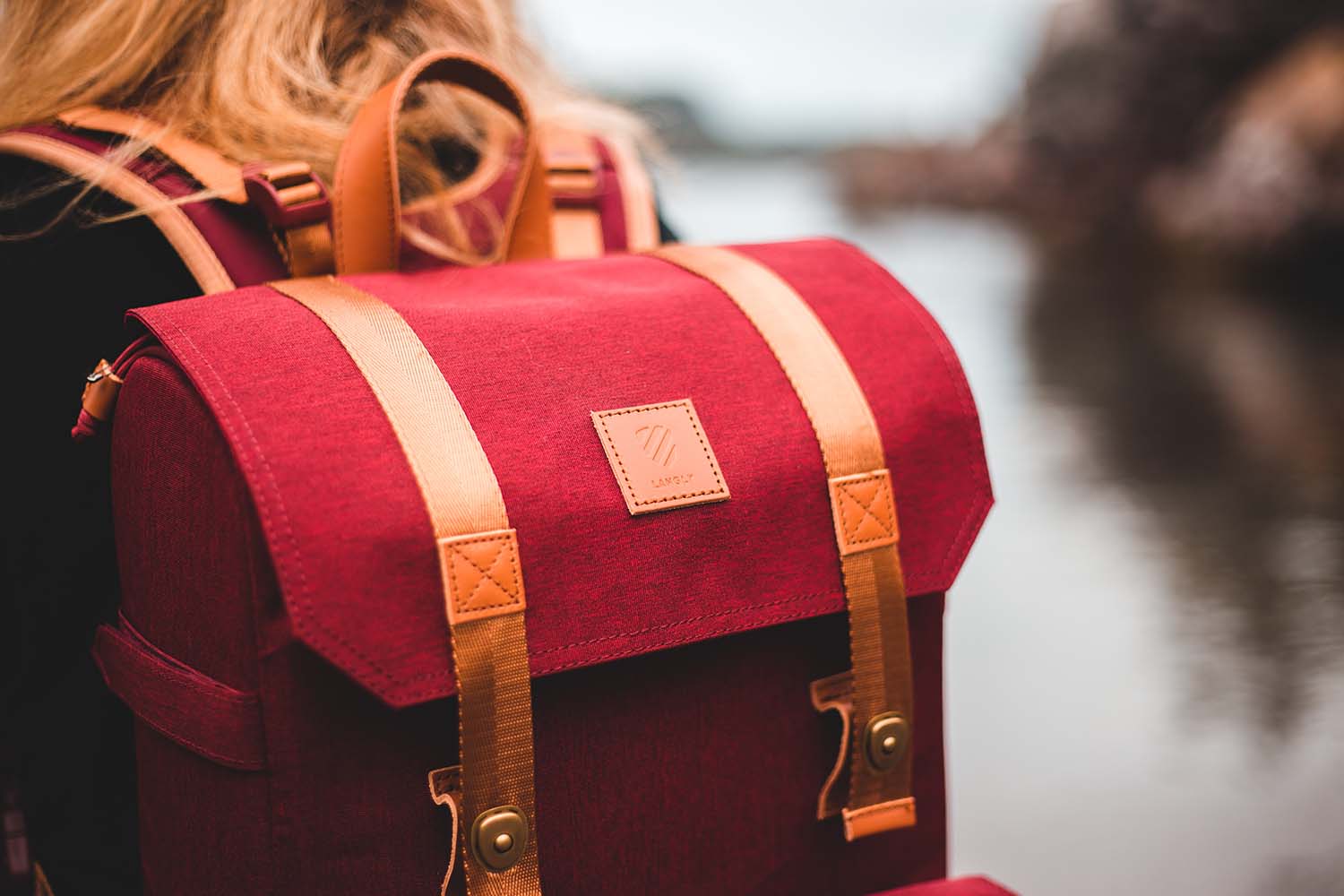Are you one of those people who feel guilty taking a vacation? If so, you’re not alone. Many people feel like they neglect their duties by taking time off work. However, the truth is that taking a vacation is good for your career. This blog post will discuss the benefits of taking a break and how it can help you achieve your professional goals. We’ll also share tips on making the most of your time away from work. So read on and learn why taking a vacation can be good for your career…
Introduction to the Benefits of Taking a Vacation:
Taking a vacation is not simply about taking time off from work and having fun. According to numerous studies, holidays can have many surprising benefits for our physical and mental health.
Regular breaks from our everyday lives and routines are essential to maintain balance and improve overall well-being. Vacations provide an opportunity to renew energy levels, gain new perspectives on life, reduce stress levels, and even ward off illnesses by providing a break from the usual routine.

Photo, Eddy Billard.
The Positive Impact of Vacation Time on Job Performance:
Taking a vacation can have a positive impact on job performance as well. Studies show that such breaks result in higher motivation levels, enhanced concentration, improved creativity, and better decision-making skills when returning to work after the break. This is because taking a vacation provides an opportunity for individuals to recharge their batteries and come back with fresh insights into their tasks at hand.
Improved Motivation and Goal Achievement Through Vacations:
Regularly scheduled vacations also provide an opportunity for individuals to gain perspective on their life and career goals. Taking periodic breaks from the job helps individuals assess where they are achieving their desired goals and motivates them to work harder toward reaching those goals. Additionally, feeling re-energised after a break can help individuals stay focused and motivated toward achieving their objectives.
Mental Health Benefits of Taking a Break from Work:
Vacations provide an opportunity for individuals to take time away from the everyday stresses of work life and replenish both their body and mind. Studies have shown that taking vacations can result in improved mental health and increased happiness levels due to reduced stress levels experienced after a break in routine. This is especially important in today’s hectic and fast-paced lifestyle, where individuals constantly feel overwhelmed by work commitments and other obligations.
Physical Health Benefits of Taking a Break from Work:
Vacations can also have physical health benefits. Taking a break from work can allow individuals to engage in more physical activities, eat healthier food, and get better sleep. This can help improve overall physical fitness levels, which can lead to greater job satisfaction and productivity upon returning to work after the vacation period is over.

Photo, Cmophoto.net.
Long-Term Effects of Regularly Scheduled Vacations:
Regular vacations can long-term affect an individual’s overall health and well-being. For example, studies show that taking periodic breaks from work reduces the risk of developing various illnesses such as heart disease, depression, diabetes, and even certain types of cancer in some cases. Additionally, taking time off helps improve sleep quality, which is beneficial for mental and physical health.
The Importance of Being Present During Your Vacations:
One of the most critical aspects of vacationing is ensuring to fully disconnect from work while away to maximise the benefits of the break. This means turning off phones, emails, and other forms of communication to be present and truly enjoy the experience. Additionally, engaging in activities that make you feel relaxed during your vacation is essential in order to reap the full rewards of taking a break away from work.
Finding Inspiration for Your Next Adventure: What Are You Waiting For?
Now that you know the importance of taking regular vacations, it’s time to find inspiration for your next adventure. There are many sites you can use as resources for discovering fantastic travel destinations around the world.
Whether it’s a beach getaway to Hawaii, an expedition in the Himalayas, or a trip to the Netherlands, there are plenty of places to explore and create unforgettable memories. Here are some fun, enjoyable things to do in Amsterdam if you decide to take a Europe trip and visit the Netherlands.

Photo, Erik Mclean.
Tips & Tricks for Comfort & Convenience:
Once you have found the perfect place to explore, making sure that your travels are as comfortable and convenient as possible is essential. Here are some tips and tricks to make sure your next vacation is stress-free:
– Research accommodation options ahead of time – Planning where you will stay and booking in advance can save a lot of stress when you arrive at your destination.
– Pack light – Avoid overpacking by only bringing items that are necessary for your trip.
– Take out travel insurance – This will provide financial protection if anything should go wrong during your travels.
– Make use of technology – Apps such as Google Maps and TripAdvisor can help you find interesting places to check out while on the go.
These tips can help ensure that your next adventure is smooth, comfortable, and relaxing! So what are you waiting for?
The Psychology of Over/Under Packing:
Recent studies have shown that packing is an essential psychological task, as it helps us prepare mentally and emotionally for our upcoming trips. Unfortunately, many people tend to overpack when it comes time to plan their vacation – but why?
There could be several reasons why someone would overpack: insecurity, anxiety, and a fear of not having enough clothing choices or items to meet their needs. On the other hand, people who tend to under-pack may be subconsciously trying to avoid being weighed down with material items during their trip. Understanding the psychology behind your packing habits is essential to find a balance between over- and under-packing for your next vacation.
How to Prioritise What to Pack for Your Trip:
Before you start packing for any excursion, creating an itemised list of what you need for your trip is essential. Start by making a list of activities you’ll be participating in on your vacation – this will give you an idea of what items you need to bring. For example, if you’re going hiking or camping, you’ll need different clothing and items than if you were going sightseeing in the city. Then, prioritise your needs by packing the essentials first – including toiletries, medications, phone chargers, and any documentation needed for travel.
Essential Items for Any Vacationer:
Certain items should always be included in your packing list, no matter where you travel. These essential items include a spare outfit in an emergency; extra underwear and socks; comfortable shoes or sandals; sunglasses; hat and sunscreen; raincoat or umbrella; snacks/trail mix/energy bars; charger or power bank, and a small laptop.
Factors to Consider When Deciding What to Pack:
Before you start packing for your trip, it’s essential to consider the weather of your destination seasonally and daily. Check the forecast so that you can pack accordingly – if it is mostly sunny with high temperatures all week, you’ll know to pack light clothing and sunscreen.
It’s also important to consider the length of your trip when deciding what items to bring – if it is a short weekend getaway, packing lightly is ideal so that you don’t have too much to carry.
Tips for Avoiding Overpacking:
One of the easiest ways to avoid overpacking is to stick to a colour scheme when deciding what items to bring. Try sticking to a few primary colours and then simply mix-and-match outfits as needed, saving you from bringing more than necessary. Additionally, ensure that any electronics or other fragile items are well protected in your suitcase. Finally, don’t forget to read up on any TSA guidelines before packing your bags – this way, you will not be caught off guard by security.
Maximising the Space in Your Suitcase or Bag When Packing for a Vacation:
Consider rolling rather than folding your clothes to maximise the space available in your suitcase or bag when packing your clothes. This will also help prevent wrinkles, which is especially useful for any dress clothes you may need to wear during your trip. It’s also a good idea to place smaller items inside shoes or other more oversized items that won’t be damaged in transit, such as hats and bags. Finally, if you are worried about having too much space in your suitcase, consider filling the extra space with rolled-up towels or even dirty laundry!
In conclusion, taking a vacation is good for your career because it helps you re-energise and come back with fresh perspectives on your job tasks. Vacations also provide an opportunity to reassess life goals and stay motivated towards achieving them. And finally, they promote both mental and physical health by reducing stress hormones in the body while providing an opportunity to engage in activities which can help improve fitness levels. So if you’re looking to take your career to the next level, taking a vacation could be just what you need.








